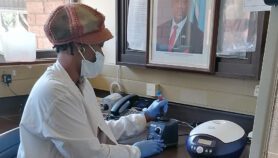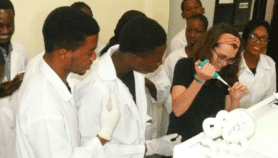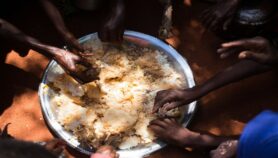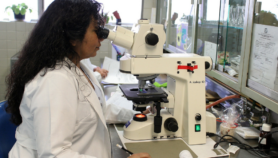21/05/20
Fellowship awardees to boost Africa’s knowledge economy
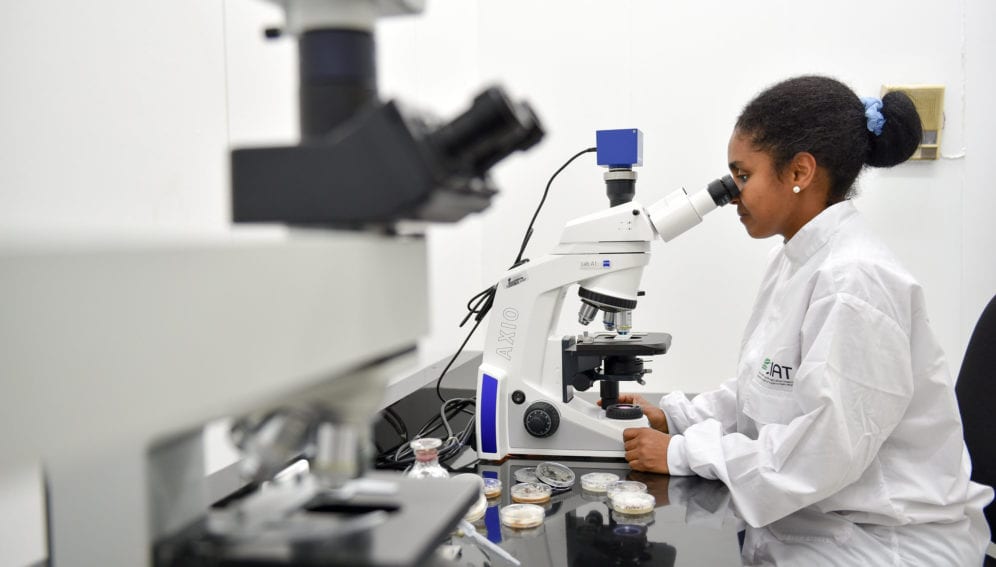
By: Laura Owings
Send to a friend
The details you provide on this page will not be used to send unsolicited email, and will not be sold to a 3rd party. See privacy policy.
[CAPE TOWN] Africa’s quest to conduct cutting-edge research to tackle global challenges and build its knowledge economy has received a boost following research fellowships awarded to 29 outstanding early career African scientists.
Future Leaders – African Independent Research (FLAIR) Fellowships — began last year to give opportunities to African early career researchers to develop cutting-edge scientific research in African institutions to solve global challenges, particular to low- and middle-income countries.
The independent grant programme, supported by the African Academy of Sciences (AAS), the Royal Society and the UK’s Global Challenges Research Fund, announced its 2020 cohort last week (11 May), with each fellow receiving up to £300,000 (about US$370,000) for two years.
The researchers will focus on projects including drug discovery, clean energy and food security that are global issues with special relevance to Africa’s research agenda.
“FLAIR is designed to develop young research leaders who are able to conduct globally competitive research in African universities and research institutes.”
Judy Omumbo, African Academy of Sciences
“FLAIR is designed to develop young research leaders who are able to conduct globally competitive research in African universities and research institutes, and who contribute to building knowledge-based economies on the continent,” says Judy Omumbo, programme manager for Affiliates and Postdoctoral Programmes at the AAS.
The 2020 cohort includes researchers from African countries including Cameroon, Ethiopia, Ghana, Nigeria, Sudan, South Africa and Uganda. In addition to the funding, the fellows will access training, mentorship and collaborative opportunities with other African and UK scientists.
The cohorts were selected from 400 applicants across Africa, according to a press statement released by the AAS last week (11 May).
“As a young researcher, this is a stepping stone [for me] to become more well-known and to produce results that impact society,” says 2020 cohort member Emmanuel Opolot, a lecturer at the College of Agricultural and Environmental Sciences, Makerere University in Uganda.
Opolot aims to develop digital soil maps to guide farmers on soil, water and nutrient management.
Assumpta Chinwe Nwanya, a lecturer at the Department of Physics and Astronomy, University of Nigeria, is seeking to create nanomaterials for energy storage.
“We aim to use photochemicals from plants as a reducing agent in the production of nanomaterials,” Nwanya says. “In the process, we will reduce the energy requirement that is conventionally needed to make nanomaterials, making it an environmentally friendly synthesising technique.”
Using the support of the FLAIR Fellowship, she hopes to drive electro-energy research in Nigeria.
“I’d like to procure equipment that will serve my institution and others in Nigeria, and help establish a base in nanoscience research,” she says.
Lauren Arendse, a researcher at H3D, a drug discovery and development centre, at the University of Cape Town in South Africa, sees the fellowship as a way to develop capacity on the continent.
Her work targets a group of enzymes — substances produced by living organisms that acts as catalysts to result in biochemical reactions — called kinases in the malaria parasite to aid in drug discovery efforts.
Heidi Prozesky, an associate professor at South Africa-based Stellenbosch University’s Centre for Research on Evaluation, Science and Technology, tells SciDev.Net that with FLAIR, the involvement of the AAS helps safeguard the local perspective. “It’s important to keep sufficient African representation to decide African problems that need African representation.”
With the next round of FLAIR applications open until next week (27 May), Omumbo says they are looking to grow in the future.
“We want to expand in numbers and also into scientific disciplines not well supported in postdoctoral research,” she tells SciDev.Net.



